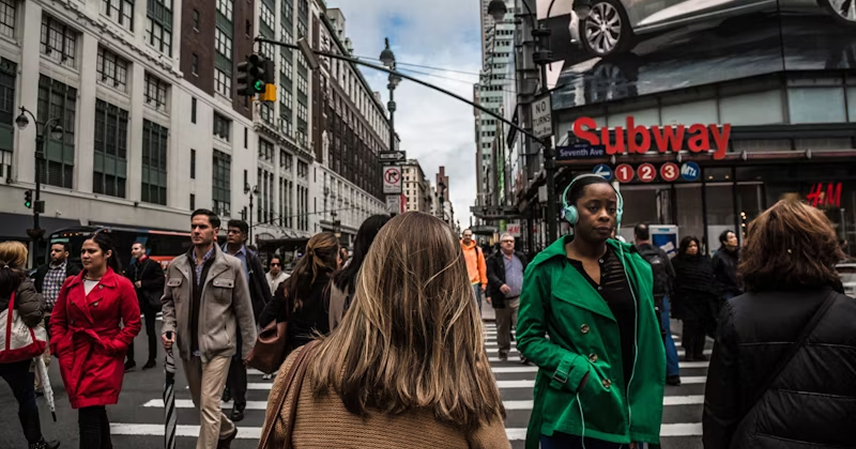In a dramatic turn of events, Pakistan has refused re-entry to a large group of its own citizens attempting to return from neighboring countries, leaving hundreds stranded at key border checkpoints, including the Torkham and Chaman crossings. The decision, reportedly linked to tightened internal security measures and cross-border policy shifts, has sparked both humanitarian concerns and political backlash.
Citizens Stranded Amid Heightened Border Security
According to eyewitnesses and local media reports, over 700 Pakistani nationals—many of whom had traveled to Afghanistan and Iran for work, pilgrimage, or family visits—were denied entry back into Pakistan over the past 48 hours. Tensions escalated at the Torkham border, with videos surfacing of families, including children and elderly individuals, waiting in scorching heat with limited access to food, water, and medical aid.
A senior official from Pakistan’s Federal Investigation Agency (FIA), speaking anonymously to Dawn News, stated, “We have received new directives from the Ministry of Interior regarding verification and documentation. Entry is being temporarily restricted for those lacking updated national ID or biometric verification.”
However, many affected individuals claim they hold valid Pakistani identity documents, leading to confusion and rising public anger.
Political Fallout and Diplomatic Reactions
The situation has drawn sharp criticism from opposition leaders and human rights groups. Former Prime Minister Shehbaz Sharif called the government’s handling of the matter “inhumane and unacceptable.” In a statement on X (formerly Twitter), he wrote, “Denying your own citizens the right to return home is a violation of their fundamental rights. Immediate corrective action is needed.”
International rights organizations, including Human Rights Watch, have also condemned the move. HRW South Asia Director Meenakshi Ganguly urged Pakistani authorities to “respect the right of return under international law” and “ensure urgent humanitarian assistance at the borders.”
Meanwhile, Afghan officials have expressed concern over the unexpected burden on their border towns. “We are coordinating with NGOs to provide temporary relief, but this is Pakistan’s responsibility,” said Mohammad Faisal, an Afghan border official at Spin Boldak.
Health Risks on the Rise
The refusal of entry has also raised alarm among health officials. Several stranded individuals reportedly suffer from chronic illnesses and heatstroke, with limited medical support available near the border.
Dr. Shireen Ahmed of the Pakistan Medical Association noted, “These delays and inaction pose serious health risks. If not addressed immediately, we may witness outbreaks of infectious diseases and worsening of pre-existing conditions among vulnerable groups.”
Local NGOs have appealed for permission to set up mobile clinics and distribute relief kits, but security restrictions have hindered access.
Government Response and Outlook
Interior Minister Mohsin Naqvi addressed the issue late Friday evening, assuring the public that the matter was “under review” and that “measures will be taken to facilitate the return of genuine citizens after necessary verification.” However, no specific timeline has been given for resolution.
This crisis comes amid growing pressure on Pakistan’s border policies and increasing internal security concerns following recent militant attacks in the Khyber Pakhtunkhwa and Balochistan provinces.
Conclusion
As the standoff continues, the lives of hundreds hang in the balance, highlighting the complex intersection of national security, governance, and human rights. The international community is watching closely, with calls growing louder for Pakistan to uphold its responsibility to its own people.



